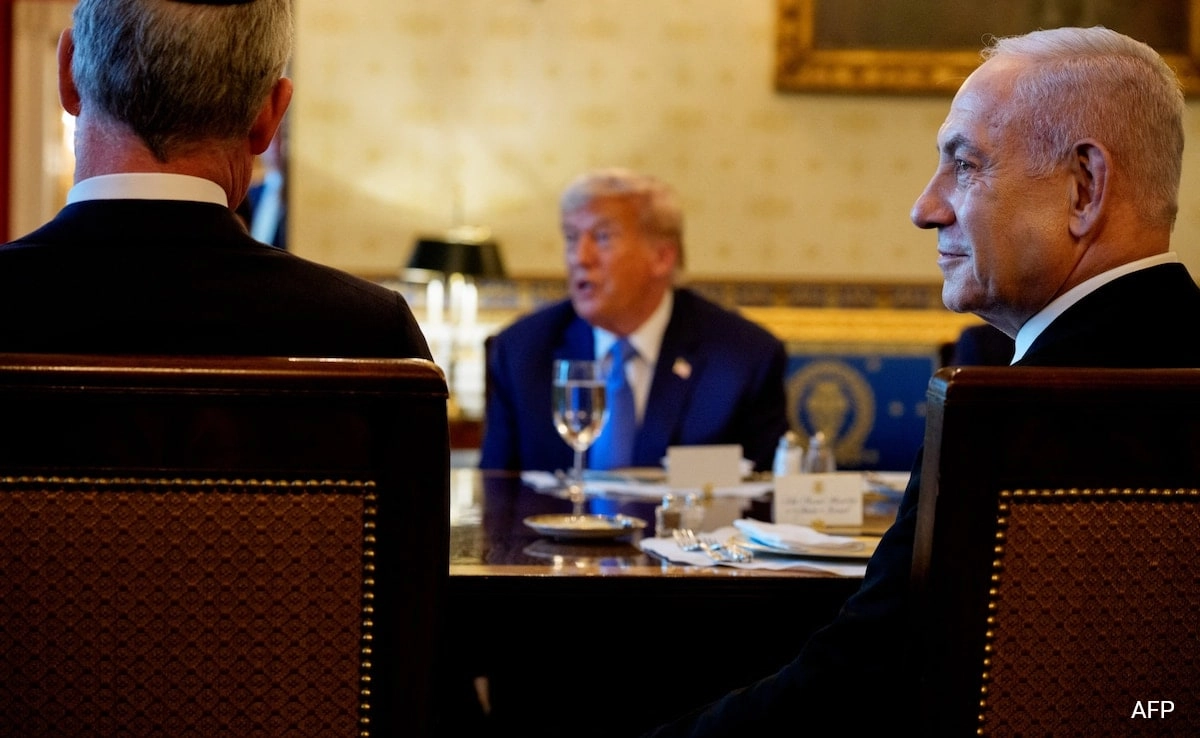Former President Donald Trump has expressed strong discontent over the European Union’s recent decision to impose a staggering $3.4 billion antitrust fine on Google. In a series of statements, Trump characterized the fine as “very unfair,” suggesting that it reflects a broader pattern of anti-American sentiment within Europe. He posited that such punitive measures against American companies undermine the competitive landscape and could potentially harm economic relations between the United States and the European Union.
Trump’s remarks come amid rising tensions over trade and regulatory practices between the U.S. and the EU. The fine, which pertains to Google’s alleged manipulation of search results to favor its own services, has been a point of contention, highlighting the differing approaches to antitrust enforcement on both sides of the Atlantic. Trump has threatened to retaliate with tariffs on European goods, indicating that he views this fine as an unfair attack not just on Google, but on American innovation and business practices as a whole.
In the past, Trump has often framed such regulatory actions as indicative of a larger trend where foreign governments attempt to stifle American companies. His administration had previously engaged in trade disputes with the EU, and this latest development has reignited concerns about the potential for a broader trade war. Critics argue that imposing tariffs in response to regulatory actions could escalate tensions and disrupt global trade, ultimately harming consumers and businesses alike.
As the situation develops, the implications of Trump’s threats could be significant, affecting not only the tech industry but also the broader economic relationship between the United States and Europe. Stakeholders in both regions are watching closely, as any retaliatory measures could lead to a cycle of escalation that may impact a wide array of sectors. The discourse surrounding this issue underscores the complexities of navigating international trade and regulatory frameworks in an increasingly interconnected world.




